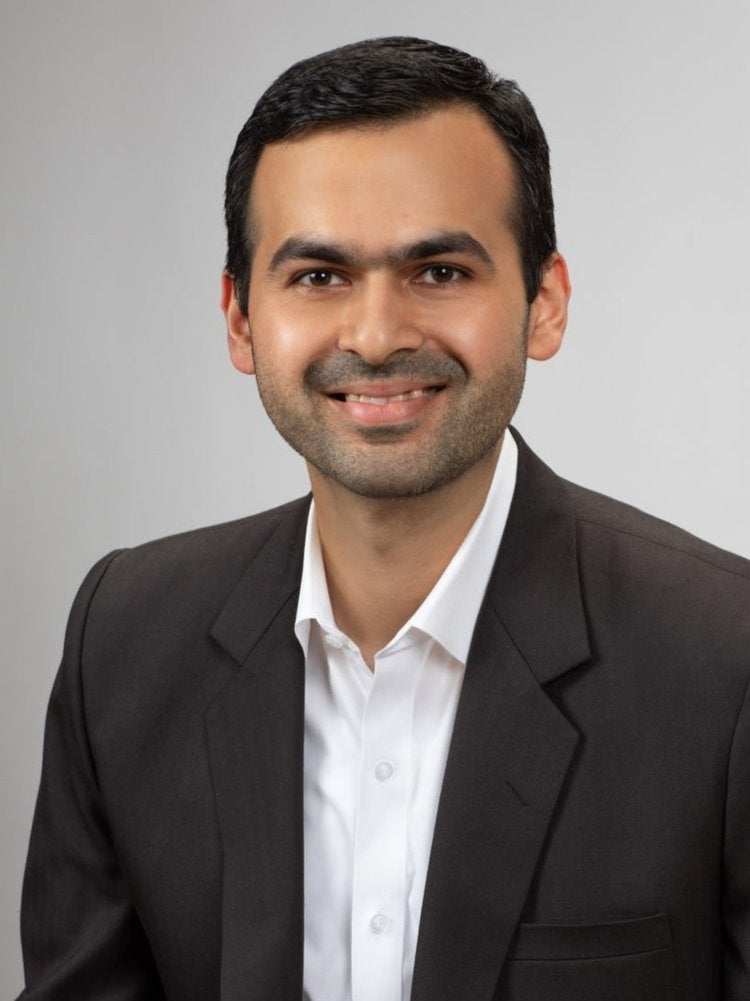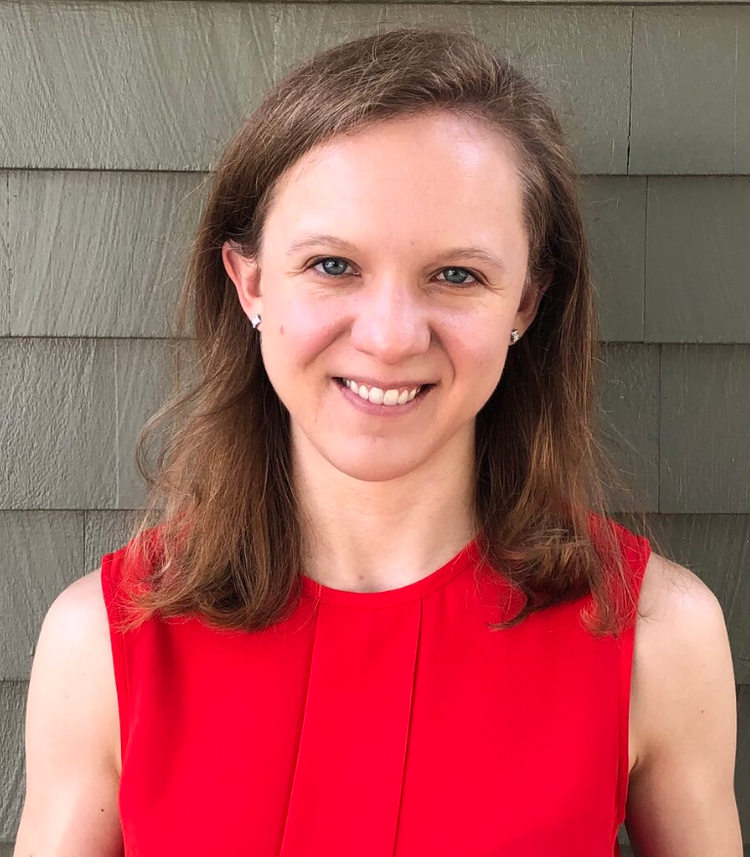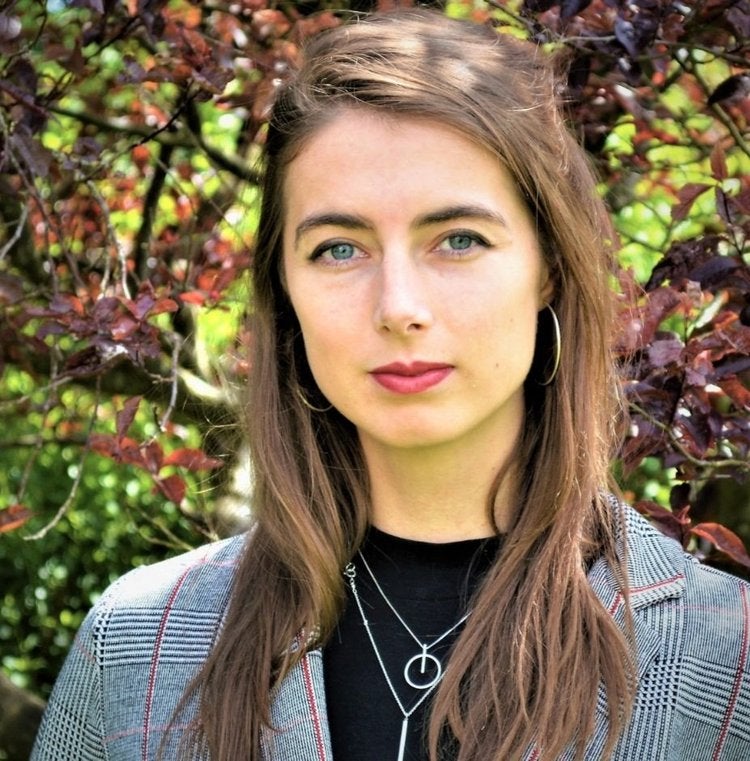The uneven distribution of wealth is a global problem with ripple effects that touch every aspect of society, affecting not just quality of life but also life expectancy. According to research from the Social Policy Lab at the Malcolm Wiener Center for Social Policy at Harvard Kennedy School (HKS), Americans in wealthy counties are now outliving those in lower-income areas by as much as 20 years—the largest gap that the nation has seen in four decades.
Leveling the economic playing field is central to the philanthropic mission of the James M. and Cathleen D. Stone Foundation and its founders, Jim AB ’69, PhD ’73 and Cathy Stone, a former Institute of Politics fellow. The Stones view the increase in excessive wealth concentration to be harmful to our collective health, democratic principles, and the public good. Through their foundation, the Stones have given generously to the Wiener Center at HKS, including funding fellowships for doctoral students. This cohort of social science researchers, known as Stone PhD Scholars, has been illuminating the many interdisciplinary aspects of wealth and income inequalities since 2016.
Building on their past support, the Stones recently made a new gift to HKS to establish the James M. and Cathleen D. Stone Program in Wealth Distribution, Inequality, and Social Policy—a University-wide initiative based at the Wiener Center that brings together students, faculty, and researchers from across Harvard and beyond to explore the root causes of wealth inequality and find solutions to improve outcomes around the world.
In addition to HKS, the Stones have funded wealth inequality initiatives at other institutions around the world, including the City University of New York; INSEAD; University of California, Berkeley; Brown University; University College London; University of Michigan; and the University of Chicago.
“There must be more research and teaching on the causes and consequences of increasing wealth inequality,” says Jim Stone. “Harvard University, and Harvard Kennedy School specifically, can address these issues before a trend towards wealth concentration carries society away from meritocracy, productivity, empathy, mobility, and democratic ideals.”
Spanning the disciplines of sociology, political science, economics, education, government, public policy, and more, the Stone Program includes support for a consortium of graduate student researchers studying matters of income and wealth inequality, policy-based research on tangible social problems, and public events to amplify findings to a wide audience.
In addition, the Stone Program—which incorporates the ongoing work of the Multidisciplinary Program in Inequality and Social Policy—is expanding its reach and impact by inviting prominent visiting scholars to Harvard and creating a flexible grant program to help researchers expedite their work.
For HKS, the program represents a key step in its goals to support the next generation of scholars pursuing these intractable issues.
“Harvard is at the forefront of studying and researching inequality thanks to the Stone Program,” says Maya Sen AB ’00, PhD ’12, professor of public policy and faculty director of the Stone Program at HKS. “We are thrilled to be able to build on our existing strengths while also helping push the boundaries of research and scholarship with exciting new opportunities.”
“Income inequality and concentrated wealth can leave many people at economic and social disadvantage,” said Douglas Elmendorf PhD ’89, dean and Don K. Price Professor of Public Policy at HKS. “Appropriate public policy to create a fairer economic system can provide economic opportunity and mobility for people currently deprived of such prospects. The establishment of this program by Jim and Cathy Stone will allow the Kennedy School to build a critical mass of scholars creating evidence-based approaches to this crucial challenge.”




